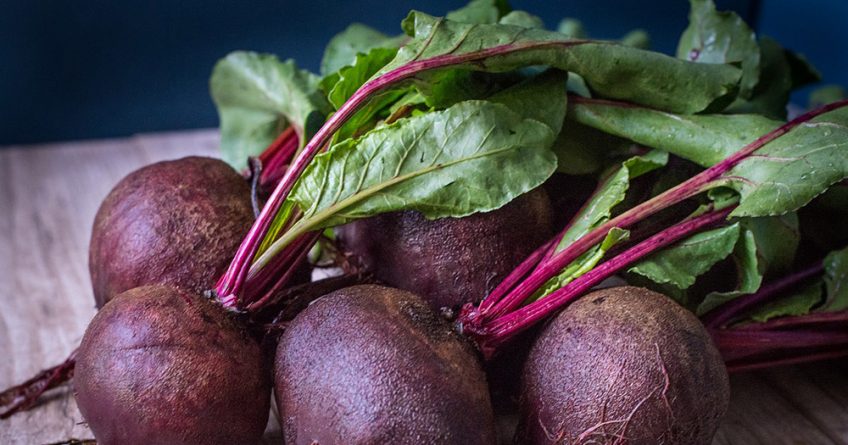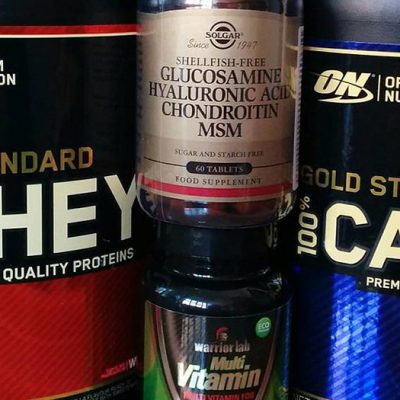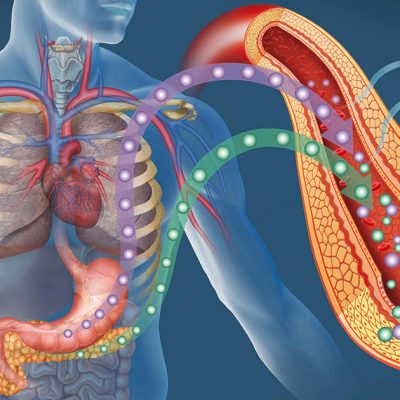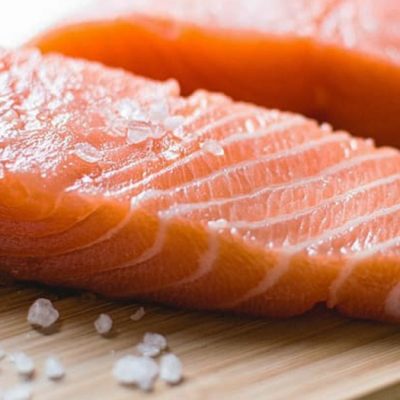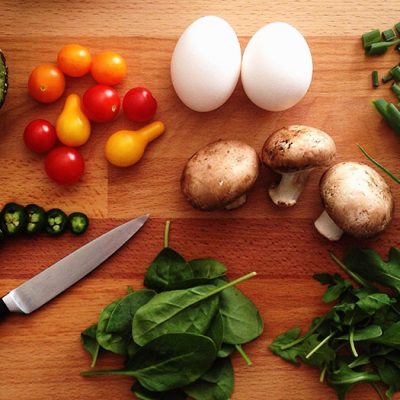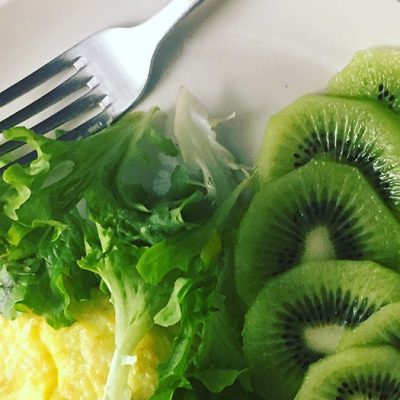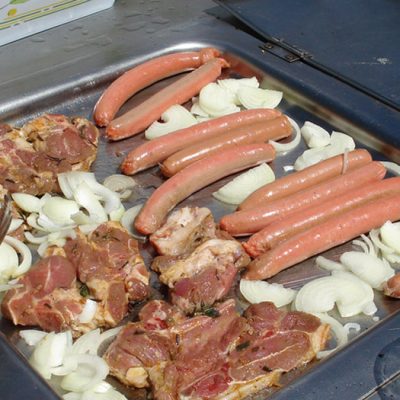Foods that nourish your skin are good for your overall health as well. A skin-nourishing diet can improve your looks as well as your body.
If beauty comes from within (and it does), it stands to reason that a healthy diet will make your skin healthier. As if you needed another reason to minimize your intake of sugar and fat, it turns out that a proper diet will make a major contribution to maintaining a healthy, glowing complexion.
Here are 15 skin-nourishing foods. Eat as many as you can, as often as you like.
Almonds contain omega-3 fats, protein, vitamin E, calcium and zinc – all major nutrients that keep your epidermis healthy.
Beet greens — try them sautéed with garlic in olive oil — will help dry skin with vitamins A and B1, biotin and linoleic acid. Yes — the green parts of the plant that gives you beetroot are edible and good for you.
Garlic, the wonder bulb that helps scour your arteries and boost your immune system, also has fungus-fighting properties. A few cloves a day will battle athlete’s foot.
Grapeseed oil, which can be used as a safe and healthy cooking oil, contains linoleic acid, an essential fat that helps heal damaged skin. It also contains a powerful antioxidant that may prevent sun damage.
Hummus, a Middle Eastern delicacy containing ground up chick peas, tahini, olive oil, garlic and lemon juice, delivers a tremendous amount of iron, which brings color back to pale skin. The lemon juice in hummus contains vitamin C, which enhances iron absorption.
Kale is a great source of lutein, an antioxident that blocks the effects of sun on your eyes to prevent cataracts and macular degeneration. Researchers think it can help prevent sun damage to your skin, too. Kale can be steamed or roasted, added to a smoothie, or massaged into a salad.
Kiwi fruit delivers more than 100% of your daily requirement of vitamin C. Vitamin C prevents skin damage and helps produce collagen, the protein that helps keep skin elastic.
Lentils, which can be served up in a soup or salad, pack protein for your skin, as well as fiber, iron vitamin B and other minerals.
Olive oil is credited by the American College of Nutrition with seeming to stop wrinkles, especially in women who eat diets high in vegetables and legumes.
Red beans are loaded with zinc, a vital mineral your skin uses to repair damage. Zinc also strengthens your immune system and may help fend off acne. Beans are available fresh or canned — and the crunchy sprouts are a great salad garnish.
Salmon and similar cold-water fish like mackerel contain high amounts of mega-3 fatty acids, which keep skin resilient and may reduce the inflammation that leads to skin conditions like psoriasis.
Shiitake mushrooms, which are credited with boosting your immune system, also are high in selenium, a vital mineral. Lack of selenium has been linked to certain types of skin cancer. Shiitakes also contain protein, vitamin B and zinc.
Soy milk provides a no-fat form of protein and other health benefits. It’s also made without the use of iodine, which is a necessary to the sanitary production of milk, including organic milk. Some researchers believe an individual’s intolerance to even traces of iodine may lead to blemishes.
Tomatoes pack beta carotene, vitamin C and lycopene, all antioxidants credited with protecting against sun damage and skin cancer. You can enhance your intake of lycopene by sautéing the tomatoes in olive oil.
Wheat germ, which you can sprinkle in a smoothie or on your cereal, will deliver vitamin B to help prevent redness and rough, scaly skin.

